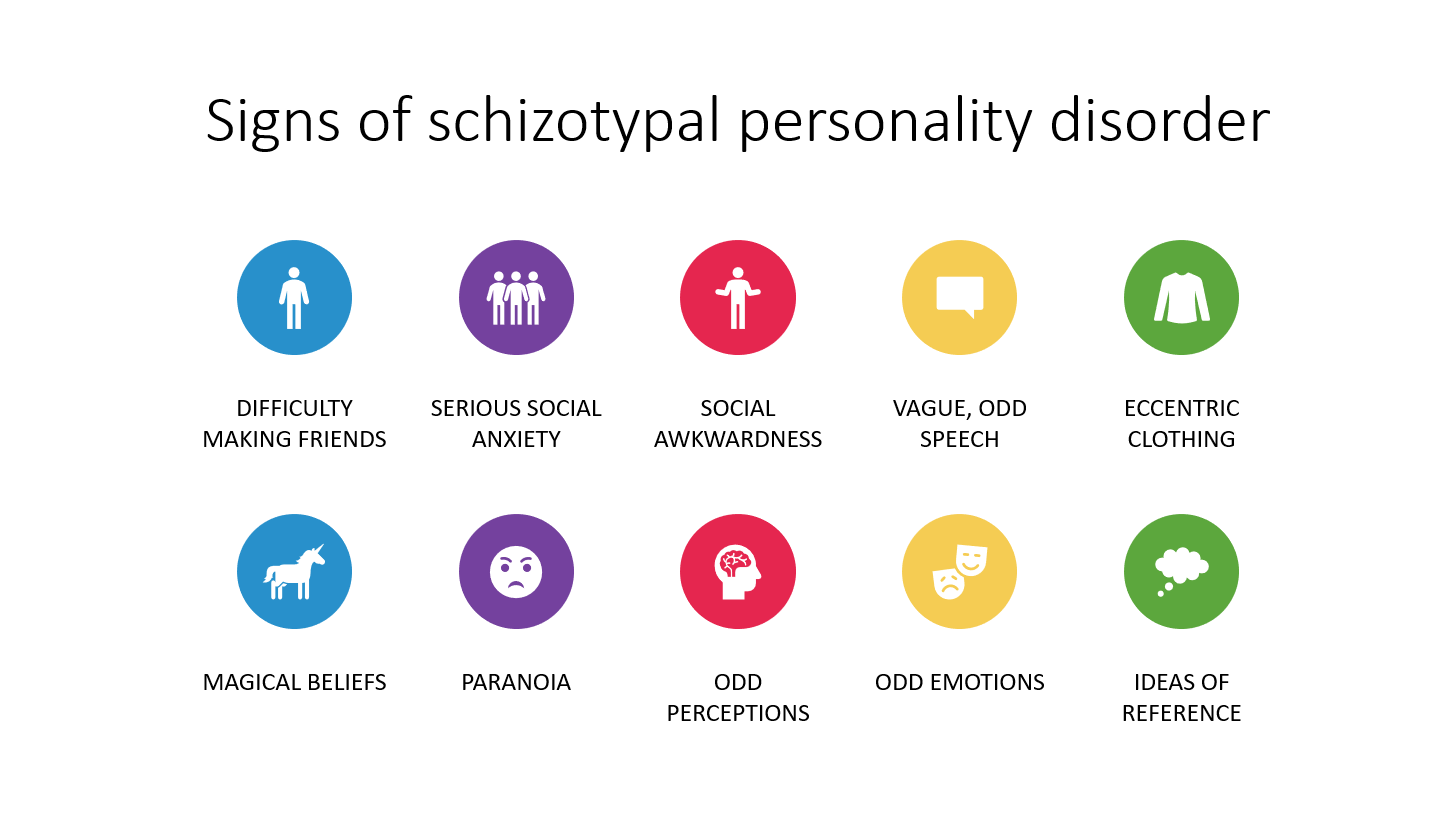Paranoid Personality Disorder, often abbreviated as PPD, is a complex mental health condition that significantly impacts how individuals perceive and interact with the world around them. This disorder is characterized by pervasive distrust and suspicion of others, leading to strained relationships and emotional distress. While it is less commonly discussed compared to other personality disorders, understanding its causes, symptoms, and treatment options is crucial for fostering empathy and improving outcomes for those affected. In this article, we will explore the essential aspects of Paranoid Personality Disorder in detail.

What Is Paranoid Personality Disorder?
Paranoid Personality Disorder is a type of personality disorder listed in the Diagnostic and Statistical Manual of Mental Disorders (DSM-5). It falls under Cluster A, which includes disorders marked by odd or eccentric behavior. Individuals with this condition often interpret others’ actions as deliberately threatening or demeaning, even when there is no evidence to support such beliefs. This persistent mistrust can lead to significant social and occupational challenges.
Core Characteristics
- Distrust and Suspicion: People with this disorder are constantly on guard, believing that others are trying to harm, deceive, or exploit them.
- Reluctance to Confide: Due to fears of betrayal, they are hesitant to share personal information with others, even close friends or family members.
- Holding Grudges: They may harbor resentment over perceived slights or insults, often refusing to forgive or forget.
- Unfounded Doubts: These individuals frequently question the loyalty or trustworthiness of friends, family, and colleagues.
- Misinterpreting Neutral Actions: Innocent remarks or gestures are often perceived as hostile or malicious.
Causes and Risk Factors
The exact cause of Paranoid Personality Disorder remains unclear, but researchers believe it results from a combination of genetic, environmental, and psychological factors. Understanding these influences can help shed light on why some individuals develop this condition while others do not.
Genetic Predisposition
Evidence suggests that genetics may play a role in the development of this disorder. Individuals with a family history of schizophrenia or other psychotic disorders are at a higher risk of developing Paranoid Personality Disorder. However, having a genetic predisposition does not guarantee the onset of the condition; environmental factors also play a critical role.
Environmental Influences
Early life experiences can significantly shape an individual’s worldview and interpersonal relationships. Traumatic events, such as childhood abuse, neglect, or exposure to violence, may contribute to the development of paranoid traits. Growing up in an unstable or unpredictable environment can foster feelings of insecurity and mistrust, which may persist into adulthood.
Psychological Factors
Personality traits such as hypersensitivity, low self-esteem, and a tendency toward negative thinking patterns can increase vulnerability to this disorder. Additionally, cognitive distortions—such as jumping to conclusions or overgeneralizing negative experiences—can reinforce paranoid beliefs and behaviors.
Symptoms and Diagnostic Criteria
To be diagnosed with Paranoid Personality Disorder, an individual must exhibit a consistent pattern of distrust and suspicion that begins by early adulthood and is present in various contexts. The DSM-5 outlines specific criteria that mental health professionals use to identify this condition.
Diagnostic Criteria
- Suspecting, without sufficient basis, that others are exploiting, harming, or deceiving them.
- Preoccupation with unjustified doubts about the loyalty or trustworthiness of friends or associates.
- Reluctance to confide in others due to unwarranted fear that the information will be used against them.
- Perceiving attacks on their character or reputation that are not apparent to others and reacting angrily or defensively.
- Holding grudges and being unwilling to forgive perceived insults, injuries, or slights.
- Perceiving benign remarks or events as demeaning or threatening.
- Recurrent suspicions regarding fidelity in romantic relationships without justification.
It is important to note that these symptoms must cause significant impairment in social, occupational, or other areas of functioning to warrant a diagnosis. Additionally, the paranoia should not occur exclusively during episodes of schizophrenia, bipolar disorder, or other psychotic disorders.
Impact on Relationships and Daily Life
Paranoid Personality Disorder can profoundly affect an individual’s ability to form and maintain healthy relationships. The pervasive mistrust and suspicion associated with this condition often lead to isolation and conflict with others.
Interpersonal Challenges
Individuals with this disorder struggle to build close, trusting relationships. Their constant suspicion can make loved ones feel accused, misunderstood, or alienated. Over time, this dynamic erodes intimacy and fosters resentment on both sides. Romantic relationships, in particular, may suffer due to unfounded jealousy or accusations of infidelity.
Workplace Difficulties
In professional settings, the effects of this disorder can manifest as difficulty collaborating with colleagues, resisting feedback, or perceiving criticism where none was intended. These challenges can hinder career advancement and create a hostile work environment for both the individual and their coworkers.
Emotional Consequences
The chronic mistrust and hypervigilance characteristic of this disorder often result in heightened anxiety and stress. Individuals may experience frequent anger or irritability, further complicating their interactions with others. Over time, these emotional burdens can contribute to depression or other co-occurring mental health issues.
Treatment Options and Approaches
While there is no cure for Paranoid Personality Disorder, several treatment approaches can help manage symptoms and improve quality of life. Early intervention and consistent therapy are key to achieving positive outcomes.
Psychotherapy
Psychotherapy, particularly cognitive-behavioral therapy, is the primary treatment for this disorder. Therapists work with individuals to identify and challenge irrational thoughts and beliefs, helping them develop healthier ways of interpreting social interactions. Building trust within the therapeutic relationship is especially important, as individuals with this condition may initially be resistant to opening up.
Medication
Although medication is not a first-line treatment for Paranoid Personality Disorder, it may be prescribed to address co-occurring conditions such as anxiety, depression, or severe agitation. Antidepressants, antipsychotics, or anti-anxiety medications might be considered on a case-by-case basis, depending on the individual’s needs.
Support Systems
Encouraging individuals to engage with supportive family members, friends, or peer groups can provide additional stability and encouragement. Support systems can offer reassurance and help counteract feelings of isolation, though patience and understanding are essential given the nature of the disorder.
Living with Paranoid Personality Disorder
For individuals living with this condition, managing daily life requires ongoing effort and self-awareness. Developing coping strategies and seeking professional guidance can empower them to navigate challenges more effectively.
Self-Help Strategies
- Education: Learning about the disorder can reduce stigma and promote self-understanding.
- Mindfulness Practices: Techniques like meditation or deep breathing can help manage anxiety and stress.
- Journaling: Writing down thoughts and feelings can provide clarity and serve as an outlet for processing emotions.
- Setting Realistic Goals: Breaking tasks into manageable steps can reduce overwhelm and build confidence.
Building Trust Gradually
Overcoming deep-seated mistrust takes time and patience. Starting with small acts of trust, such as sharing minor details with a trusted person, can gradually build confidence in relationships. Celebrating these incremental successes can reinforce progress and motivate continued growth.
Challenges in Diagnosis and Treatment
Diagnosing and treating Paranoid Personality Disorder presents unique challenges. Individuals with this condition are often reluctant to seek help due to their inherent distrust of others, including mental health professionals. Even when they do pursue treatment, establishing rapport can be difficult, as they may view therapists as potential threats.
Stigma and Misunderstanding
Public misconceptions about personality disorders can exacerbate feelings of shame or embarrassment, discouraging individuals from seeking support. Educating communities about the realities of these conditions is vital to reducing stigma and encouraging help-seeking behavior.
Co-Occurring Conditions
Many individuals with this disorder also experience other mental health issues, such as depression, anxiety, or substance abuse. Addressing these co-occurring conditions is essential for comprehensive care, as untreated symptoms can worsen overall functioning and complicate recovery efforts.





